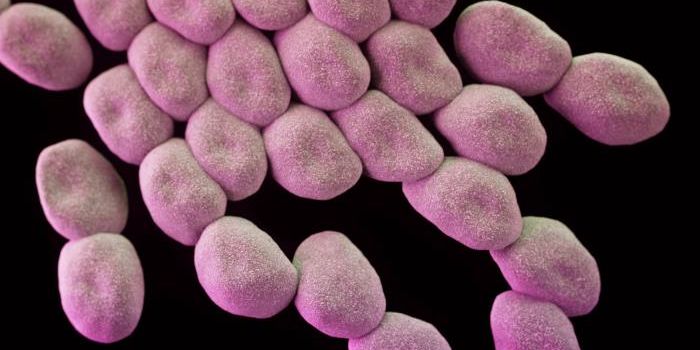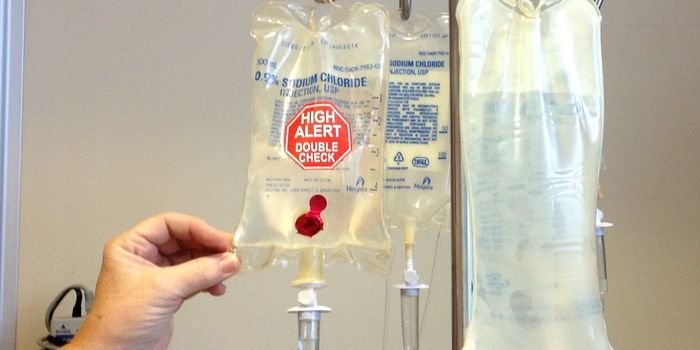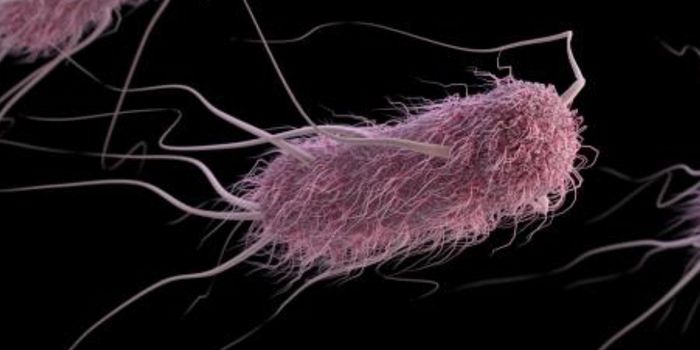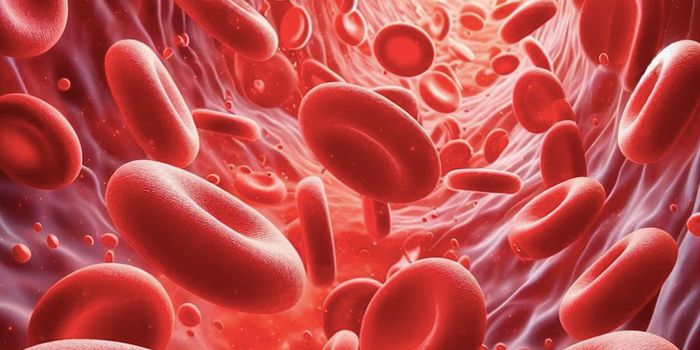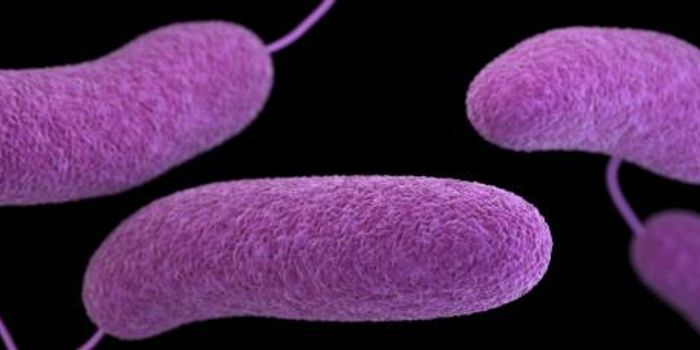Peanut Allergy Can be Prevented by Feeding Infants Peanuts, a New Study Suggests
Peanut allergies are a serious problem. The prevalence of peanut allergy is rising in Western countries, and these allergies can be life-threatening in some cases. About two percent of all children in Australia, North America, the UK and Western Europe are allergic to peanuts. Very recently, parents were advised not to feed peanuts to kids under the age of five, and not to give peanut butter to any children under four. But new findings have upended those guidelines.
Reporting in NEJM Evidence, scientists have determined that when children consumed peanuts regularly from infancy to five years of age, the rate of peanut allergies in adolescence were reduced by 71 percent. This rate was maintained whether kids stopped or continued to consume peanuts whenever they wanted after the age of five. The study authors said these findings are conclusive evidence that peanut consumption by children can help prevent peanut allergy. The National Peanut Board has already updated their recommendations to reflect these findings.
"Decades of advice to avoid peanuts has made parents fearful of introducing peanuts at an early age. The evidence is clear that early introduction of peanut in infancy induces long-term tolerance and protects children from allergy well into adolescence," said corresponding study author Professor Gideon Lack of King's College London, among other appointments. "This simple intervention will make a remarkable difference to future generations and see peanut allergies plummet."
This research was part of the LEAP-Trio project, which built on the efforts of the Learning Early About Peanut Allergy (LEAP) trial. In that study, half of the volunteers ate peanuts on a regular basis from infancy until the age of five, while the other half avoided peanut consumption during that same period. When peanuts were introduced into diets early, the risk of peanut allergy by age five dropped 81 percent.
Both groups were also followed as they reached age 12, and during that time, the study participants could eat peanuts whenever they wanted, or abstain if they preferred. About 15 percent of the children from the group that did not eat peanuts in early life became allergic to peanuts at age 12 or older; only about four percent of kids from the group that did eat peanuts in early life went on to develop a peanut allergy at age 12 or older. Thus, the researchers have concluded that early-life peanut exposure reduced the risk of peanut allergy by 71 percent.
Kids were tested for peanut allergy by giving them gradually increasing amounts of peanut butter to eat, in a carefully monitored setting.
"This is a safe and highly effective intervention which can be implemented as early as four months of age. The infant needs to be developmentally ready to start weaning and peanut should be introduced as a soft pureed paste or as peanut puffs," said," said first study author Professor George Du Toit of King's College London.
The frequency of peanut consumption varied widely in both groups of kids, and there were periods in which no peanuts were consumed in both groups as well. The results have suggested that peanut consumption in early life can still help reduce the likelihood of peanut allergy even when peanuts are not eaten consistently.
"Early consumption of peanut will prevent more than 100,000 new cases of peanut allergy every year worldwide," Lack concluded.
Sources: King's College London, NEJM Evidence


